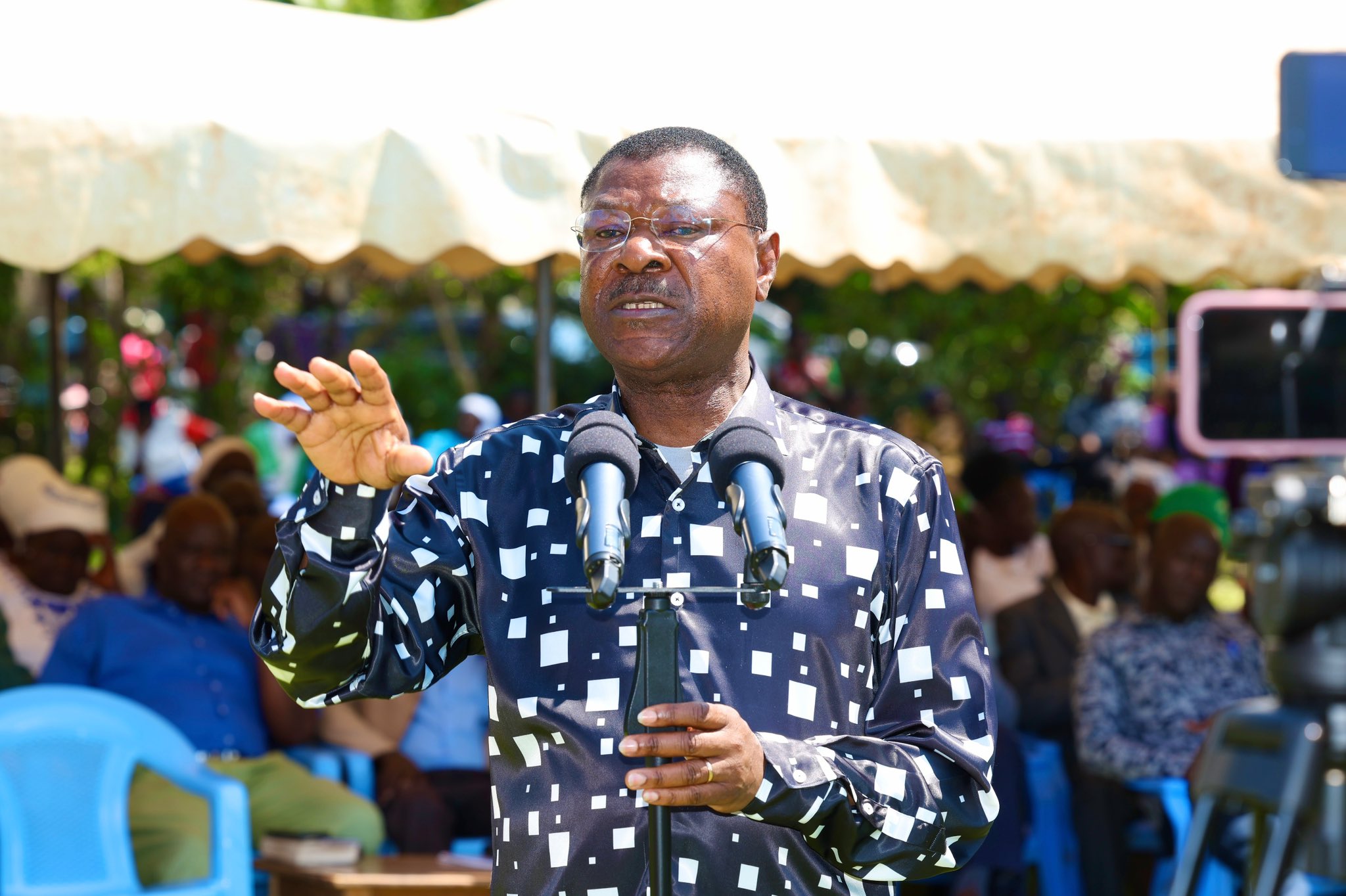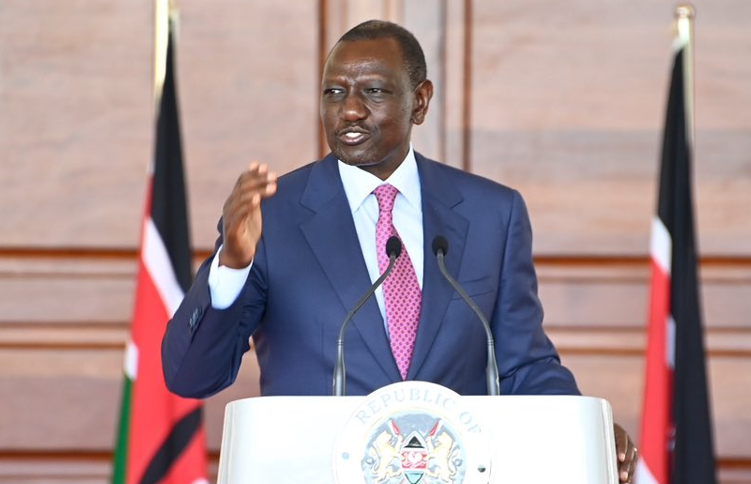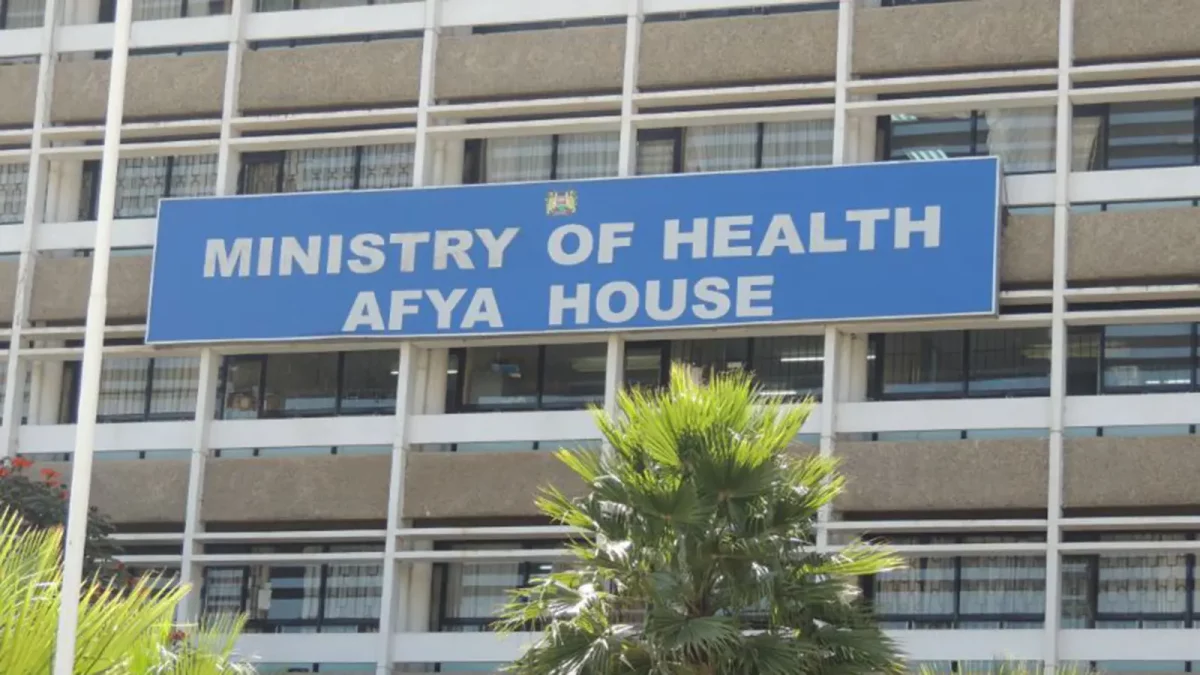LSK leadership impact must be felt in national sphere

The Law Society of Kenya (LSK) went to the polls yesterday to elect its new office bearers who will shepherd the organisation for the next two years.
Four candidates were fighting it out for the role to guide the premier organisation into playing its role in the nation’s socio-economic future.
The nation invests heavily in educating its professionals be they lawyers, medics, philosophers, financial wizards or whatever shade of academic qualification they earn.
At one level, the investment is personal, to enable those trained to be able to fend for themselves as individuals and operate better in society.
The collective success of the individuals is indeed a collective success of the nation.
But once the individuals have met their basic needs then they must turn their attention to the larger society to make a contribution towards making society better.
How well they contribute to social good is a product of many factors. The first depends on how well the individuals were prepared; how well the collective of the individuals are organised; and certainly the leadership of the collective is important in developing a vision for the society and the country and executing it.
Occupying the middle space between the government and the people, LSK has, in the past, brought its weight to bear on social issues contributing to social development.
How well they have done that lately is of course a matter of opinion, but one gets a feeling that given the years of intellectual investment in the individuals, their collective weight could have been more positively felt.
There was a past when this was certainly the case and there was little debate. The society weighed in strongly and openly on social issues and the nation was the richer for it.
A society such as LSK has guiding principles that set boundaries within which its members operate.
Some have, however, argued that leadership styles are informed by the contexts in which they operate and different circumstances require different approaches and tools. You can not solve every problem with a hammer, so goes the saying.
Over the last two decades and more, it is obvious, most of the professional societies in Kenya have adopted modes of operation that have not exhibited active intervention on social issues.
Even the voice of the Church has been dimmed; the medics seem more keen to defend their own as opposed to contributing to social good while lawyers, for long reputed for their wit as clever jugglers of words and with better antennae for feeling the society, have had a different preoccupation.
Some say the nation’s leadership stock has improved compared to over two decades or so ago and, therefore, requires little intervention from the civic space. Evidence, however, does not bear this argument out.
Our society is not improving by much. Numbers of those who cannot afford access to proper health and medication have risen, the future of our education system is not all too clear, and the index on the plundering of national resources with its deleterious consequence on the nation’s economic good is up many notches.
But our civic bodies have looked the other side if not joined the gravy train.
The election of new LSK officials should provide food for thought that national leadership is not invested only on those elected to political leadership, but rather in all sectors of society.
They should apply their positions for the good of their profession, and, ultimately, for the good of society.
The new LSK officials must look beyond their interests and set their radar on developing a better Kenya. So much has been given to Kenya’s educated, it is not much to ask for the country to expect them to do better than their predecessors. —The writer is Dean, School of Communications, Daystar University







